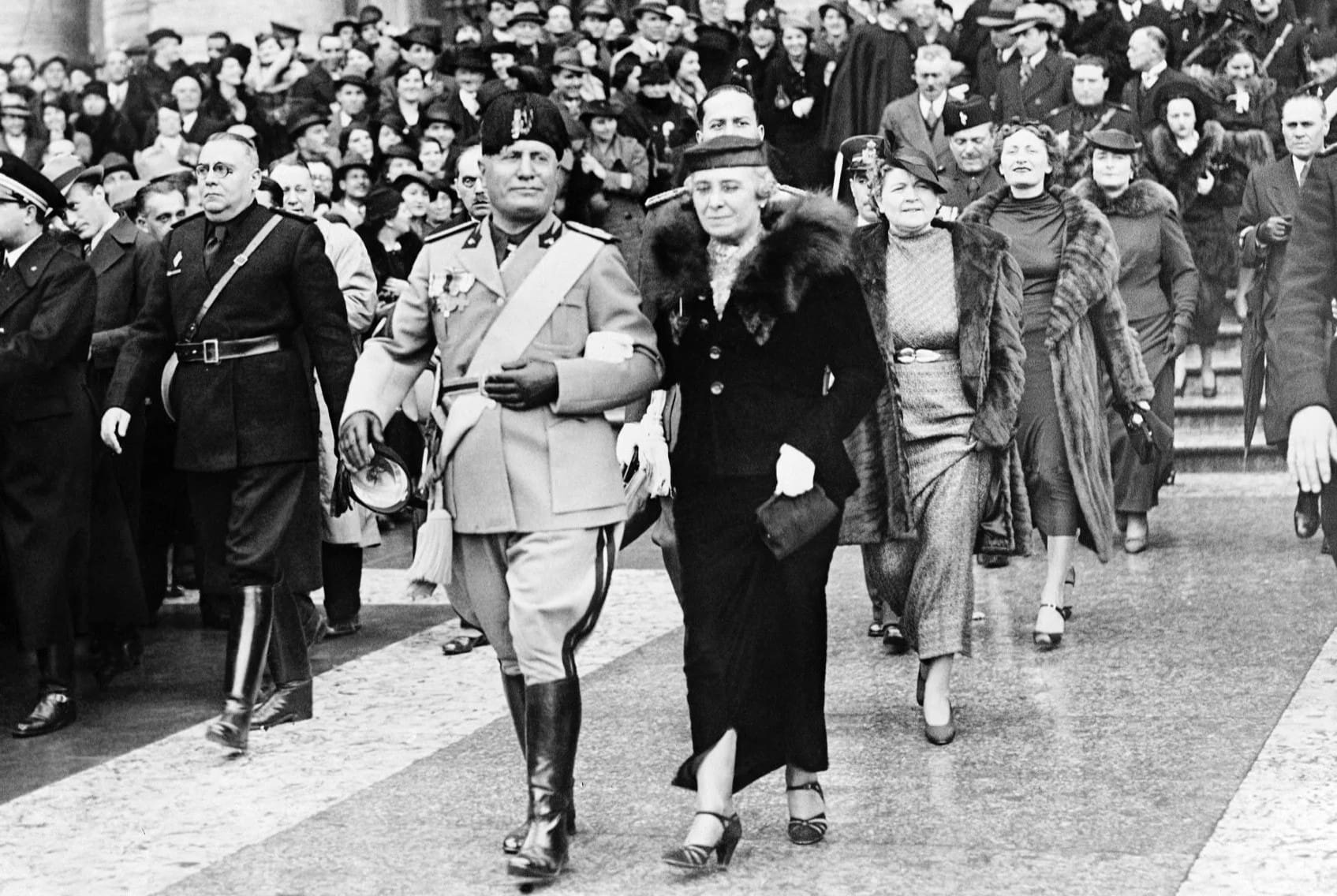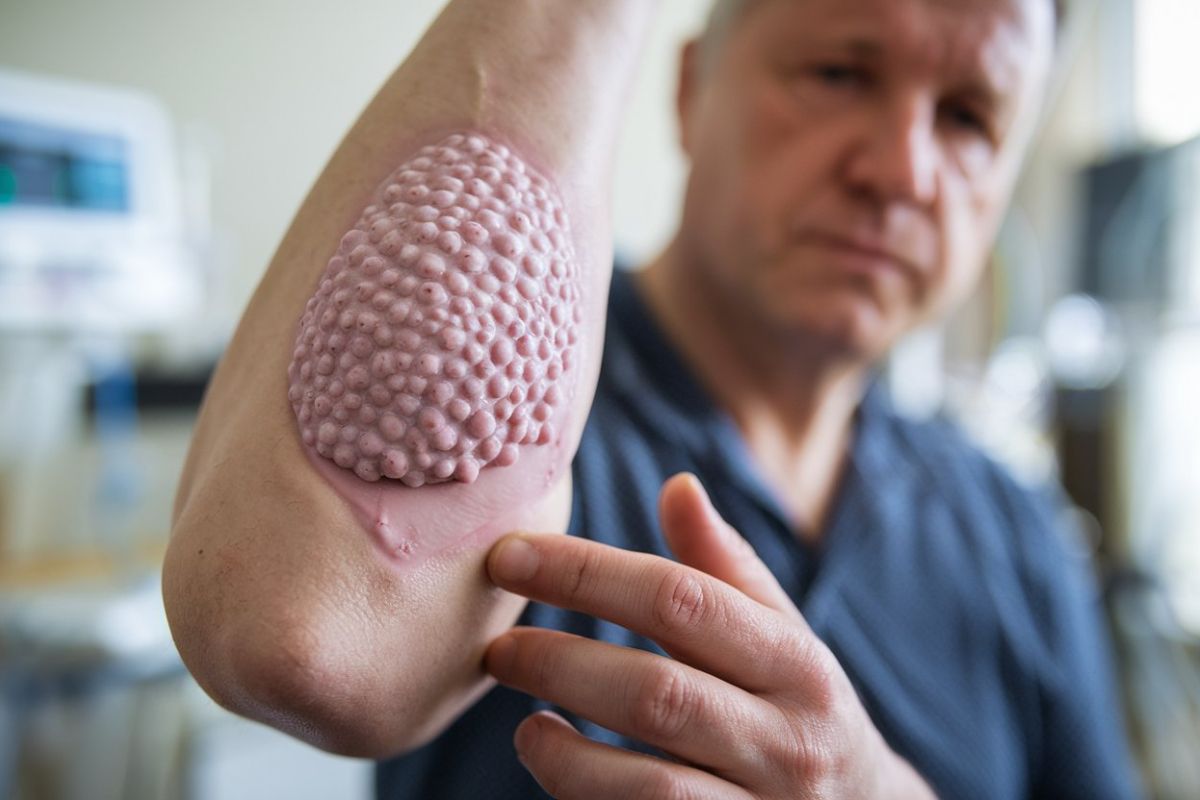
Who was Rosa Maltoni? Rosa Maltoni, born in 1858, was an Italian schoolteacher and the mother of Benito Mussolini, the infamous dictator of Italy. Her life, though overshadowed by her son's notorious legacy, holds intriguing details worth exploring. Rosa's dedication to education and her role as a mother shaped Mussolini's early years, influencing his path. Despite living in a time when women's roles were limited, she managed to leave a significant mark on her community. This post delves into 35 fascinating facts about Rosa Maltoni, shedding light on her life, her influence on Mussolini, and her contributions to education in Italy.
Key Takeaways:
- Rosa Maltoni, a dedicated teacher and influential figure in Italian history, shaped the character of her son, Benito Mussolini, through her emphasis on education, discipline, and strong values.
- Despite facing personal challenges and illness, Rosa Maltoni's legacy as a devoted educator and nurturing mother continues to inspire young women to pursue teaching careers and serves as a symbol of strength and resilience in Italian society.
Early Life and Family Background
Rosa Maltoni, an influential figure in Italian history, had a life filled with notable events and connections. Here are some fascinating facts about her early years and family.
- Rosa Maltoni was born on April 21, 1858, in Predappio, a small town in Italy.
- Her father, Domenico Maltoni, was a blacksmith, a common profession in rural Italy during the 19th century.
- Rosa's mother, Maria Ghetti, was a homemaker who managed the household and cared for the family.
- She had several siblings, growing up in a large family typical of the time.
- Rosa's family was deeply rooted in the local community, with strong ties to the Catholic Church.
Education and Career
Rosa Maltoni's education and career choices were quite progressive for a woman of her era. Let's explore some key aspects of her professional life.
- Rosa attended a local school in Predappio, where she excelled in her studies.
- She pursued further education at a teacher training college, a rare opportunity for women in the 19th century.
- After completing her training, Rosa became a primary school teacher, dedicating her life to educating young minds.
- Her teaching career spanned several decades, during which she earned respect and admiration from her students and colleagues.
- Rosa was known for her innovative teaching methods, which emphasized critical thinking and creativity.
Marriage and Family Life
Rosa Maltoni's personal life was marked by her marriage and the family she raised. Here are some intriguing details about her family life.
- Rosa married Alessandro Mussolini, a blacksmith and socialist activist, in 1882.
- The couple had three children: Benito, Arnaldo, and Edvige.
- Benito Mussolini, their eldest son, would later become the infamous dictator of Italy.
- Rosa was a devoted mother, instilling strong values and a love for learning in her children.
- Despite her husband's political activities, Rosa maintained a stable and nurturing home environment.
Influence on Benito Mussolini
Rosa Maltoni played a significant role in shaping the character and beliefs of her son, Benito Mussolini. Here are some facts about her influence on him.
- Rosa encouraged Benito's interest in reading and education from a young age.
- She introduced him to the works of prominent Italian writers and thinkers.
- Rosa's strong Catholic faith influenced Benito's early religious beliefs.
- She supported his decision to pursue a career in teaching before he entered politics.
- Rosa's emphasis on discipline and hard work left a lasting impression on Benito.
Legacy and Impact
Rosa Maltoni's legacy extends beyond her immediate family, impacting Italian society and history. Let's delve into some aspects of her enduring influence.
- Rosa's dedication to education inspired many young women to pursue teaching careers.
- Her innovative teaching methods were adopted by other educators in the region.
- Rosa's life story has been the subject of numerous books and articles, highlighting her contributions to Italian society.
- She is remembered as a symbol of strength and resilience in the face of adversity.
- Rosa's influence on Benito Mussolini's early life is often cited by historians studying his rise to power.
Later Years and Death
Rosa Maltoni's later years were marked by personal challenges and eventual decline. Here are some key events from this period of her life.
- Rosa continued teaching until her health began to deteriorate in the early 1900s.
- She was diagnosed with meningitis, a serious illness that affected her ability to work.
- Despite her illness, Rosa remained active in her community, offering support and guidance to her neighbors.
- Rosa passed away on February 19, 1905, at the age of 46.
- Her death was a significant loss to her family and the local community.
Commemoration and Memory
Rosa Maltoni's life and contributions have been commemorated in various ways over the years. Here are some notable examples.
- A school in Predappio was named in her honor, recognizing her dedication to education.
- Several biographies have been written about Rosa, shedding light on her life and legacy.
- Her grave in Predappio has become a site of historical interest, visited by those studying Italian history.
- Rosa's story has been included in educational curricula, teaching students about her impact on Italian society.
- Her life serves as an example of the power of education and the enduring influence of a dedicated teacher.
Final Thoughts on Rosa Maltoni
Rosa Maltoni's life, though not widely known, holds significant historical value. As the mother of Benito Mussolini, her influence on one of history's most controversial figures can't be overlooked. Born in 1858, she was a dedicated schoolteacher who instilled strong values in her children. Her commitment to education and family shaped Mussolini's early years, impacting his future path. Despite her early death in 1905, Rosa's legacy lived on through her son's actions and the historical events that followed. Understanding her story provides a deeper insight into the roots of Mussolini's character and the complexities of his rise to power. Rosa Maltoni's life reminds us that behind every historical figure, there's often an equally compelling personal story. Her contributions to her family and her era deserve recognition and reflection.
Frequently Asked Questions
Was this page helpful?
Our commitment to delivering trustworthy and engaging content is at the heart of what we do. Each fact on our site is contributed by real users like you, bringing a wealth of diverse insights and information. To ensure the highest standards of accuracy and reliability, our dedicated editors meticulously review each submission. This process guarantees that the facts we share are not only fascinating but also credible. Trust in our commitment to quality and authenticity as you explore and learn with us.


